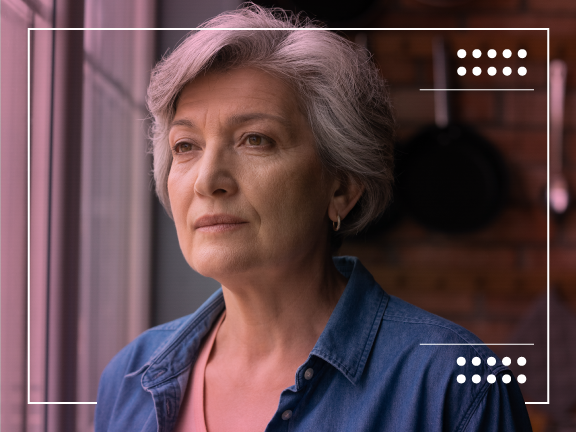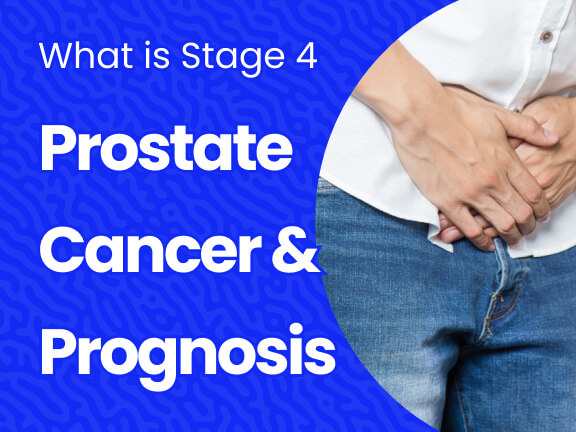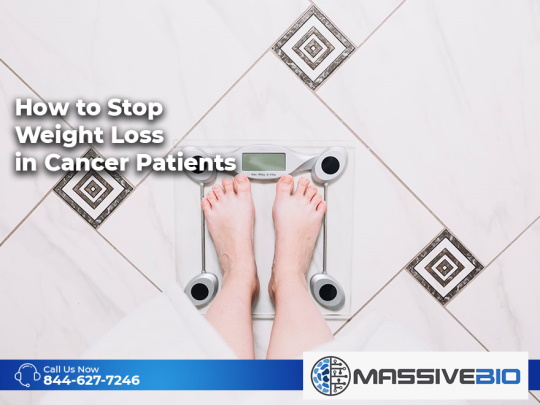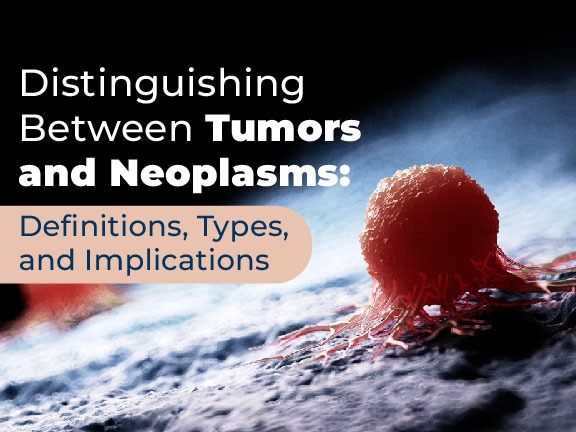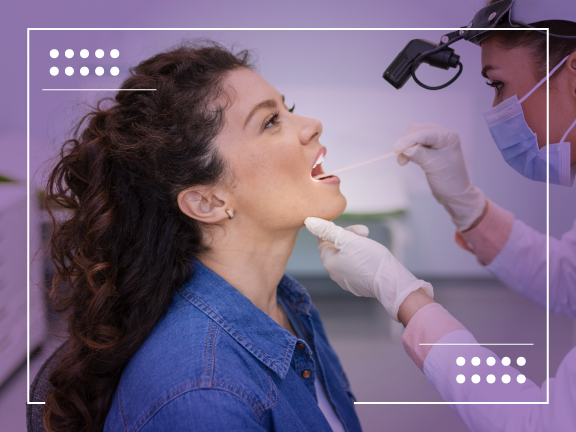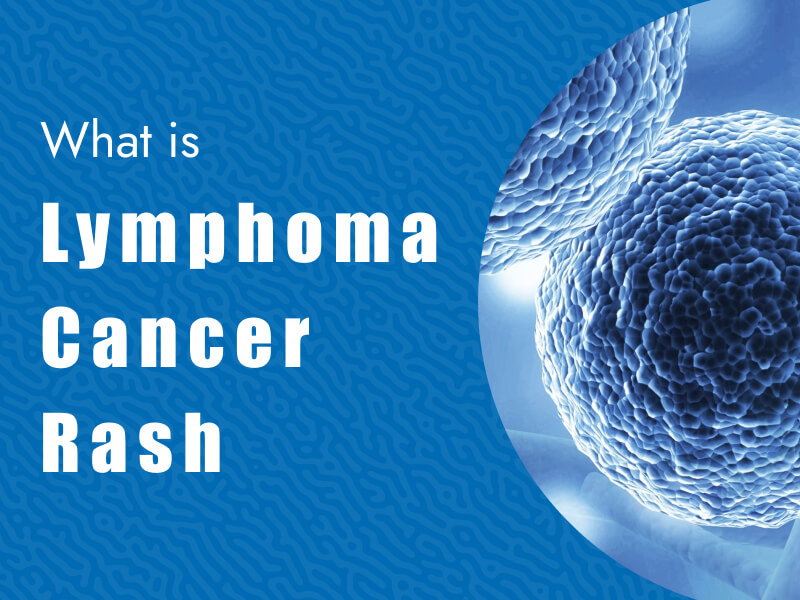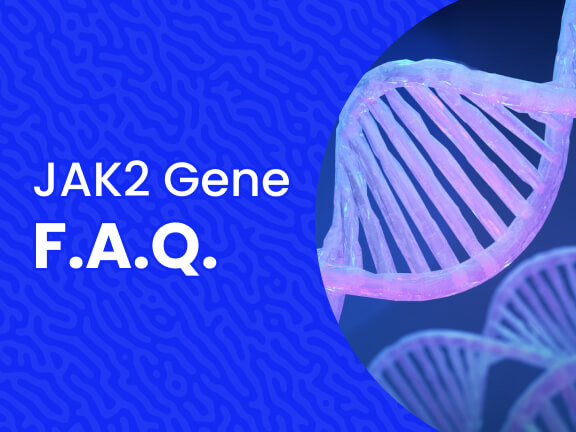Coping With HER2-Positive Breast Cancer
Breast cancer is a very common type of cancer in every country in the world. According to the data provided by the World Health Organization, 2.3 million patients were diagnosed with breast cancer in 2020 globally, where the number of deaths was 685 000. And according to the statistics the National Cancer Institute gave, among every 100 breast cancer patients diagnosed between 2014 and 2019, HER2-positive (also used as HER2+) cases were about 18. It affects especially females, at any age after puberty.
Just like any type of cancer, the journey from diagnosis to treatment is not easy for any patient. However, managing the disease and developing an effective coping mechanism is possible. In this article, we are going to focus on how to cope with HER2-positive breast cancer and remind patients that they are not alone in their journey.
What Is HER2-Positive Breast Cancer?

Human epidermal growth factor receptor 2 (HER2), is a gene that creates a growth-promoting protein, which is named the same, found on the outside of each breast cell. In normal and healthy cells, HER2 receptors maintain cell growth, division, and cellular repair. When the HER2 level in the breast cancer tumor is high, it is called HER2-positive breast cancer. Present in 1 out of 5 breast cancer cases, it is typically fast-growing and spreads quickly compared to other types of breast cancer. HER2 gene can be associated with other cancer types as well.
How to Cope With Emotional Side Effects
Many patients say that they were shocked at the doctor’s office when they were told about their diagnosis. Breasts are what many women associate with the essence of their femininity. That is why it is usually defined by patients as a life-changing experience since it brings up the possibility of losing their breasts. On the other hand, there are financial concerns or the question of whether the treatment will work or not. However, there is room for optimism. The survival rates are high compared to other types of cancer. The stage of the disease, your level of fitness, and whether you had previous treatment or not have a big effect on your prognosis. Now let’s go over some tips on how to cope with it.
It is OK to have emotions: What you should know at this stage is the validity of your emotions. You are entitled to feel up or down about what you are going through. You might start to experience opposite emotions one after another, such as anger after hope, resentment after guilt. There is no right or wrong about it. This is how your mind and heart adapt to the new situation you are experiencing. Once you have a treatment planned, you will feel more in control and your emotions will quiet down.
Talking about them: Having all those emotions all by yourself and not sharing might double their effect. So, try to express them to your family, friends, or if you prefer privacy, to professionals. Choose a channel to start communicating and getting a sense of control over what you feel.
Taking a break from cancer: It obviously creates stress along with physical side effects. Consult your doctor and learn what kind of physical activities are suitable for your situation. Once you know it won’t hurt you, you might see yourself finding a calming escape from cancer by just focusing on something physical that occupies your mind, as well as your body.
Overcoming loneliness: Remember, there are many others who go through the same. Finding a support group, coming together with them, sharing experiences, hearing their journey, and learning that you are not alone often proves positive.
How to Find Breast Cancer Support Groups
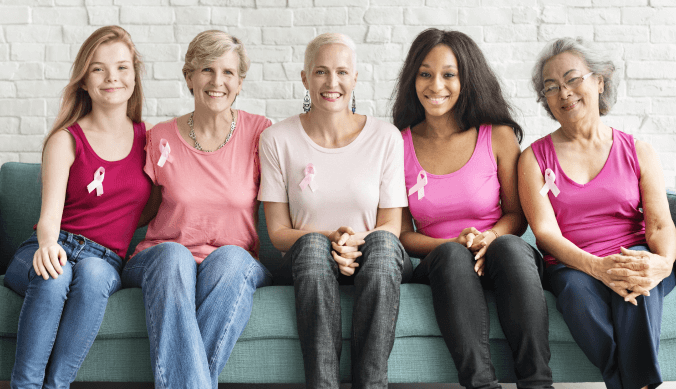
There are professionals at hospitals and clinics who are there to make suggestions to support groups. If you like, you can also find some options on social media or just by searching online. You can limit your search by location or the specific condition about your disease like “How can I find a HER2-positive breast cancer support group?”. Even though there is no group that is dedicated only to specifically your subcategory, you might meet patients or survivors who have experienced the same.
How to Cope With Physical Side Effects
Physical side effects might include tiredness, weakness, sweat or hot flashes, as well as losing one or more breasts or living with scars from the surgery.
Some treatment options may cause early menopause, which causes hot flashes and sweats. Avoiding spicy food and caffeine might help with this. In addition, wearing layers would be practical as it gives you the option to take them off when you feel hot or start sweating. If these are not enough, your physician might prescribe you medication.
For tiredness, having a good sleep, practicing meditation, following a healthy diet are advised. And to reduce hair loss due to chemotherapy, cooling caps, also called scalp hypothermia, might be a solution.
If you have your breasts removed, the major physical change might alienate you to your own body and cause you to lose self-esteem. While some patients opt for plastic surgery, others prefer making peace with the new terms. Give yourself some time to figure out which works best for you.
Protecting Mental Health During Treatment
Seeking professional advice to keep your mental health in check is a great start to take control of things. It might be a health care professional like your physician or an oncology nurse or a mental health professional. Although many people suffer from this disease, some of your problems are unique to you. These people are ready to support you in their specific areas. Do not hesitate to share your concerns and ask for advice.
What Happens If HER2-Positive Cancer Goes Untreated?
HER2-positive status attributes an aggressive nature to breast cancer. That is why it is recommended not to leave it untreated. Especially when targeted therapies are proving successful, thanks to recent clinical trials. It can also be treated with chemotherapy drugs, although this type of treatment doesn’t target the HER2 protein.
Sources:



